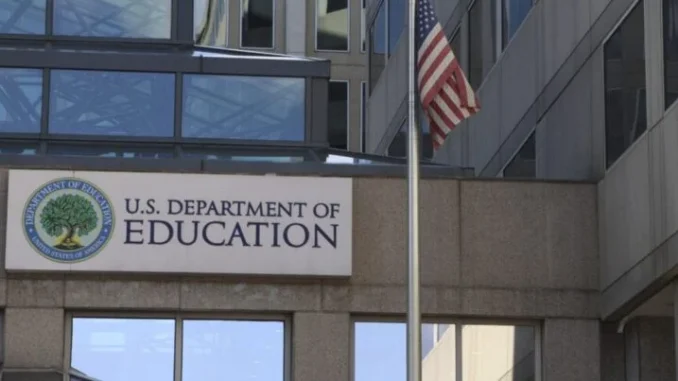
Duke University is under federal investigation for alleged civil rights violations related to race-based decisions in its law journal and medical programs. This marks the latest effort by the Trump administration to crack down on elite institutions accused of prioritizing identity over merit.
Key Facts:
- The U.S. Education Department is investigating Duke University and the Duke Law Journal for alleged civil rights violations.
- The probe was sparked by reporting that the journal used race-based criteria to select editors.
- Education Secretary Linda McMahon and HHS Secretary Robert F. Kennedy Jr. expressed concern over racial preferences at
- Duke’s medical school and health system.
- Duke declined to comment on the investigation.
This follows a similar investigation into Harvard’s law review in April.
The Rest of The Story:
On Monday, the U.S. Education Department announced a formal investigation into Duke University and the Duke Law Journal.
Officials cited concerns that the journal may have used discriminatory methods in choosing its editorial team, including potential racial preferences.
The concern stems from a report by the Washington Free Beacon alleging that the Duke Law Journal selected editors based on race rather than merit.
In a letter to Duke, Education Secretary Linda McMahon and Health and Human Services Secretary Robert F. Kennedy Jr. said they were concerned about broader use of racial preferences at the university’s medical school and health care system.
A Duke spokesperson did not issue a statement in response.
The inquiry follows a similar case from April in which the Education Department raised concerns that Harvard Law Review selected contributors in a way that made “race as, if not more, important than the merit of the submission.”
Blatantly discriminatory practices that are illegal have become all too common in our educational institution.
Today, @SecKennedy and I sent Duke a letter insisting it restore merit and lawfulness on campus, and launched investigations into their conduct. pic.twitter.com/9BlRi0dtY4
— Secretary Linda McMahon (@EDSecMcMahon) July 28, 2025
Commentary:
For decades, elite universities have skirted around laws and court rulings that prohibit racial discrimination in admissions and hiring.
They’ve wrapped their practices in the language of “diversity,” creating shadow systems of preferences that reward identity over excellence.
Now, under the Trump administration, the federal government is pushing back.
By opening investigations into both Harvard and now Duke, the message is clear: there will be consequences for institutions that ignore civil rights laws under the guise of progressivism.
Duke, like many elite schools, has embedded racial preferences deep into its policies—not just in admissions, but in programs, scholarships, and now editorial positions.
These are not just isolated incidents. They are systemic choices made by institutions that believe they are above the law.
The Duke Law Journal exists to elevate rigorous legal scholarship. When editorial selection becomes a game of checking boxes instead of choosing the best minds, the integrity of that scholarship collapses.
It’s no wonder public confidence in these institutions is eroding. This is about more than just one law journal.
It’s about whether American institutions value hard work and achievement—or if they’ve become vehicles for social engineering based on race and identity.
The focus should be on fairness, equal opportunity, and legal excellence. If schools like Duke won’t do it voluntarily, then legal pressure is a necessary tool to restore balance.
Until these DEI schemes are removed, merit will continue to take a backseat. It’s time for a reset in higher education.
The Bottom Line:
The Education Department’s investigation into Duke is part of a broader effort to enforce civil rights laws in elite academia.
These probes expose long-standing practices of racial preferences that undermine merit-based selection.
As more schools come under scrutiny, the era of unchecked DEI influence may finally be coming to an end.
Via TFPP Wire
